Need help? Call us:
- Questions? Call us toll-free +1-800-520-5726
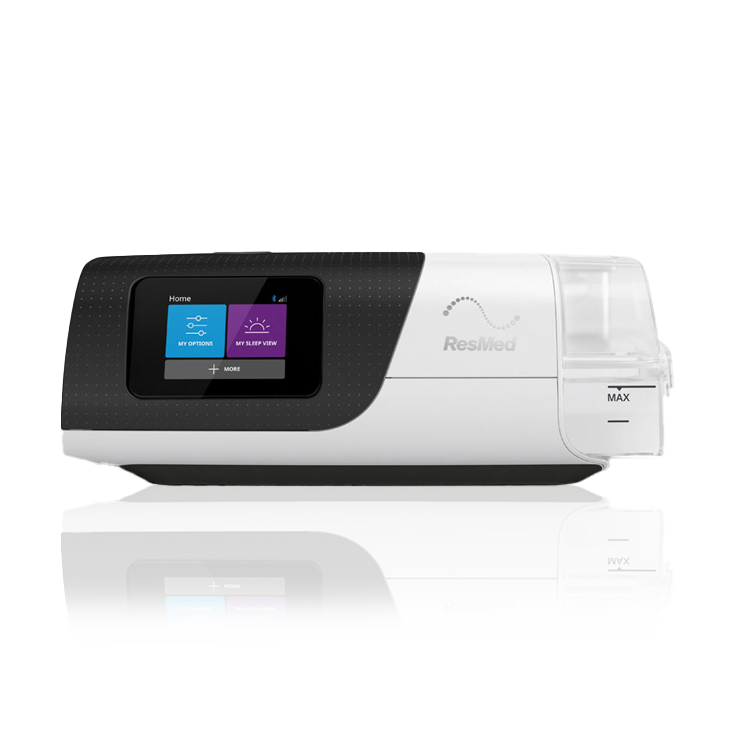
CPAP Masks Finder
Discover your perfect mask fit
- Portable Oxygen
- Home Oxygen
- Oxygen Accessories
- CPAP Machines
- CPAP Supplies
- CPAP Masks
- Mobility
- Bathroom Safety
- Pediatrics
- New Arrivals
Diet Tips for Emphysema Patients
Diet Tips for Emphysema Patients
When treating emphysema, staying healthy is crucial. There are a number of things you can do to ensure your health like; exercise, diet, and getting enough sleep.
Having a healthy diet plays an important role in staying healthy with emphysema.
Although your eating habits cannot cure emphysema, you can improve quality of life, boost your immune system, and possibly alleviate some nagging symptoms.
Along with providing nutrients to boost your immune system, having a healthy diet will provide you with nutrients to help you breathe easier.
It is pretty easy to distinguish what classifies as healthy food, but when you are dealing with emphysema, there are some aspects of your diet you may need to fine tune.
Calcium and Vitamin D
Calcium and vitamin D can make living with emphysema easier. Both nutrients strengthen your bone, prevent bone loss, and they compliment each other.
Calcium and vitamin D can be found in dairy products, supplements, and fortified food. Before you add more dairy into your diet, do your research and speak with your doctor.
Dairy products can have adverse effects on emphysema, which is why you need to be careful before changing your diet.
Fiber Rich Foods
Fiber is a great nutrient that regulates your digestive system and can reduce blood cholesterol levels.
Studies have also shown that dietary fiber is associated with better lung function. Foods rich in fiber include; fruits, vegetables, bran, rice, whole grains, and beans.
Fluids
Staying hydrated plays an important role in our everyday health. For emphysema patients, staying hydrated can thin mucus and make coughing more effective.
Staying hydrated also helps regulate other body systems and can help prevent you from getting sick.
It is recommended that you drink at least 6 to 8 eight-ounce glasses of water (or other fluids) each day.
Do not include soda in your 6 to 8 glasses of fluids. Avoid caffeinated drinks when possible as caffeine may interfere with your medicine.
Foods To Avoid/Limit
Sodium
Limiting your sodium intake can help you breathe easier. Sodium causes your body to retain more water than needed, which can complicate your breathing.
300mg of sodium per serving is the maximum recommended sodium intake. Read nutrition labels to monitor sodium intake and try to avoid adding salt to your food.
There are plenty of spices to add flavor to your food without adding any sodium.
Foods that Cause Bloating
This aspect can be tricky. While caffeinated beverages, fried food, and greasy food are all known to cause bloating, some fruits and vegetables can also cause bloating. Some fruits and veggies that may cause bloating include; apples, avocados, melons, broccoli, cabbage, and cucumbers.
Remember to speak with your doctor before making any changes to your diet. If you have any diet tips or recipes for other patients, feel free to comment below!


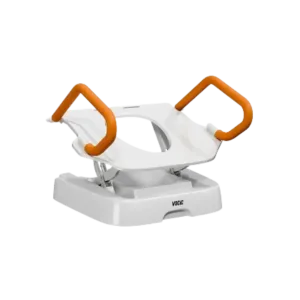
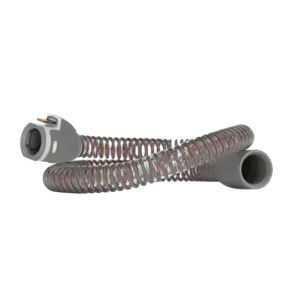
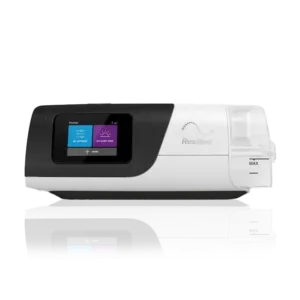
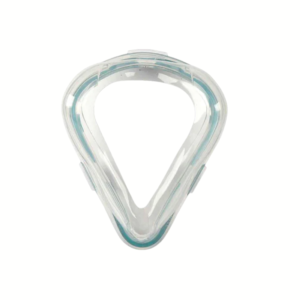
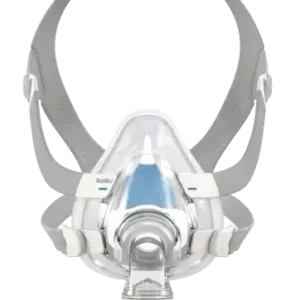
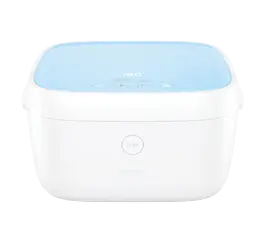
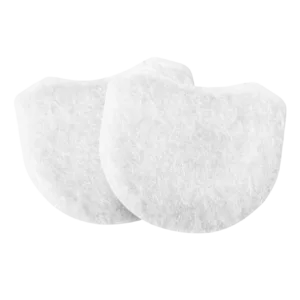

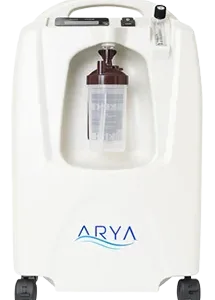
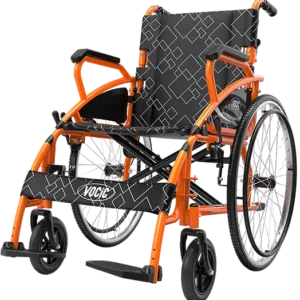
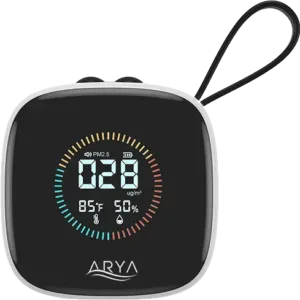
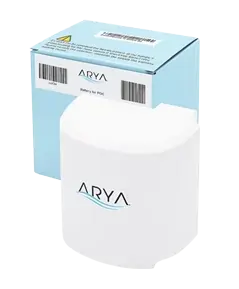
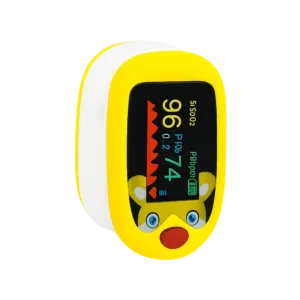


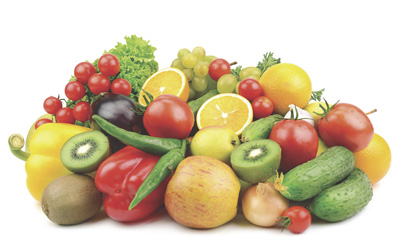



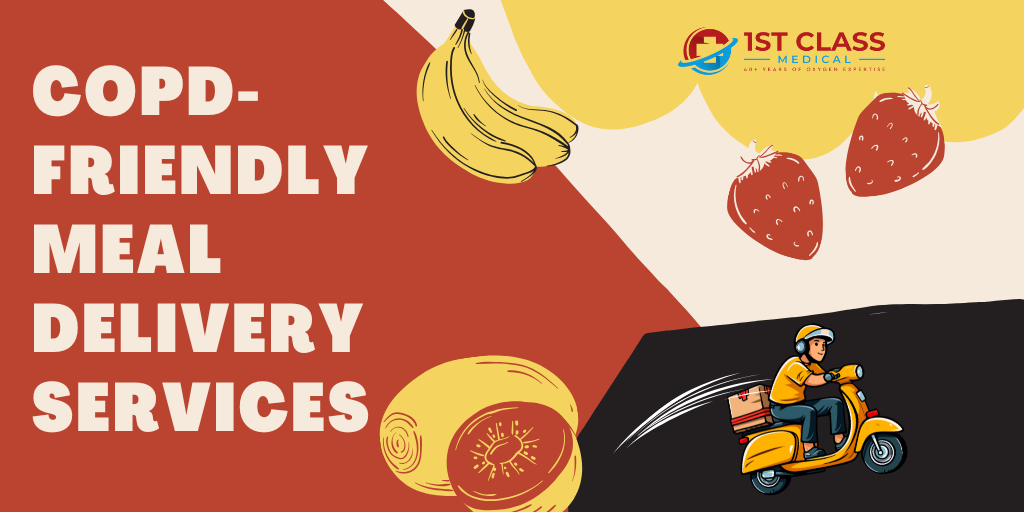
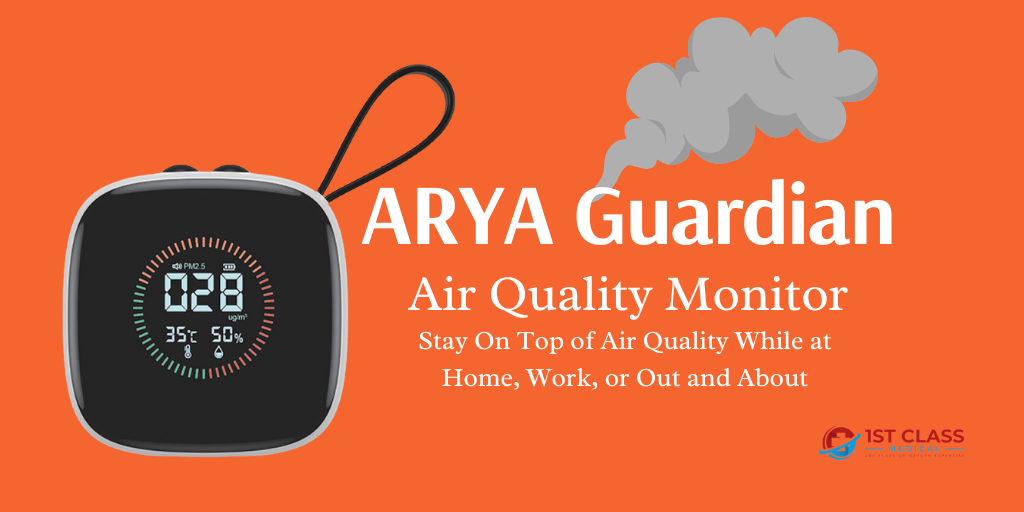




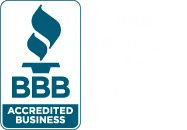
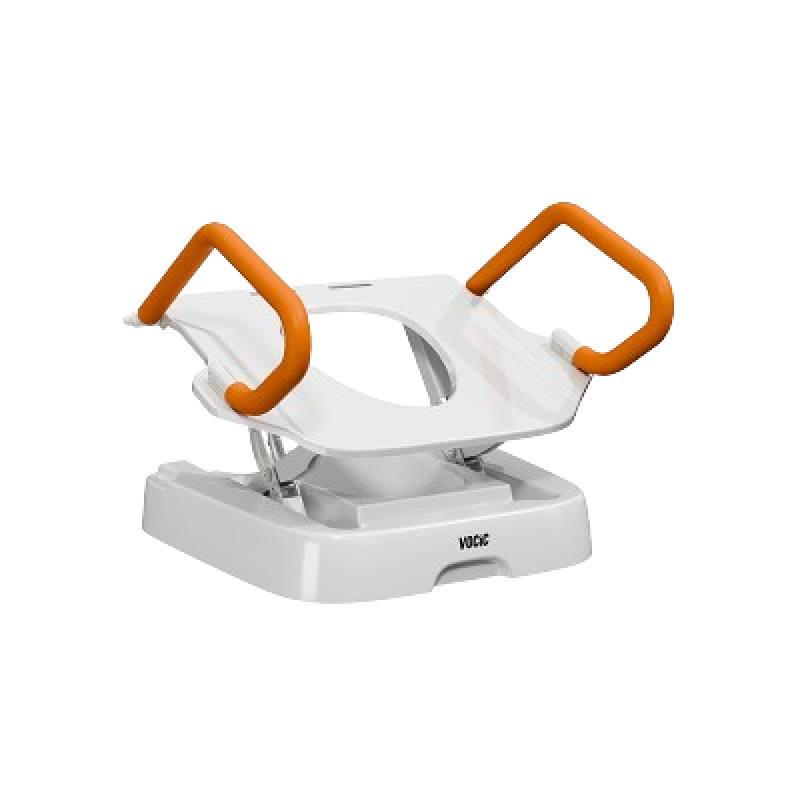
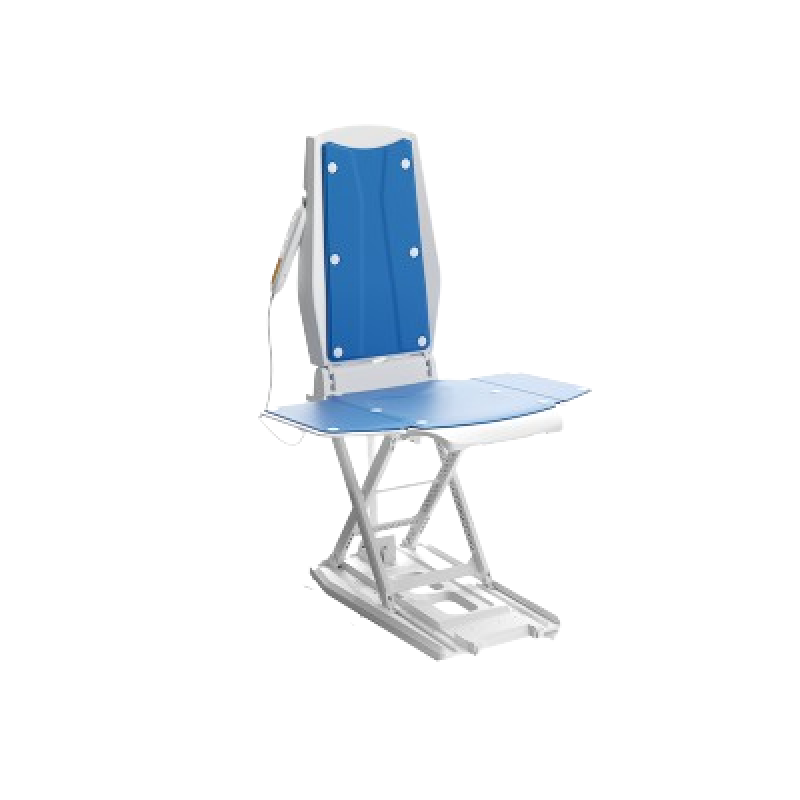
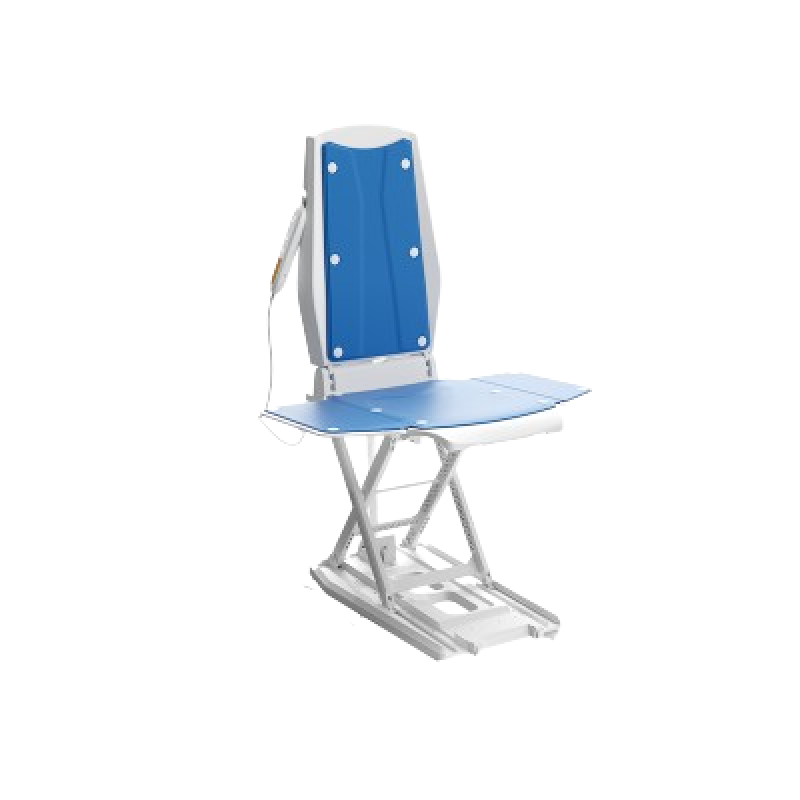
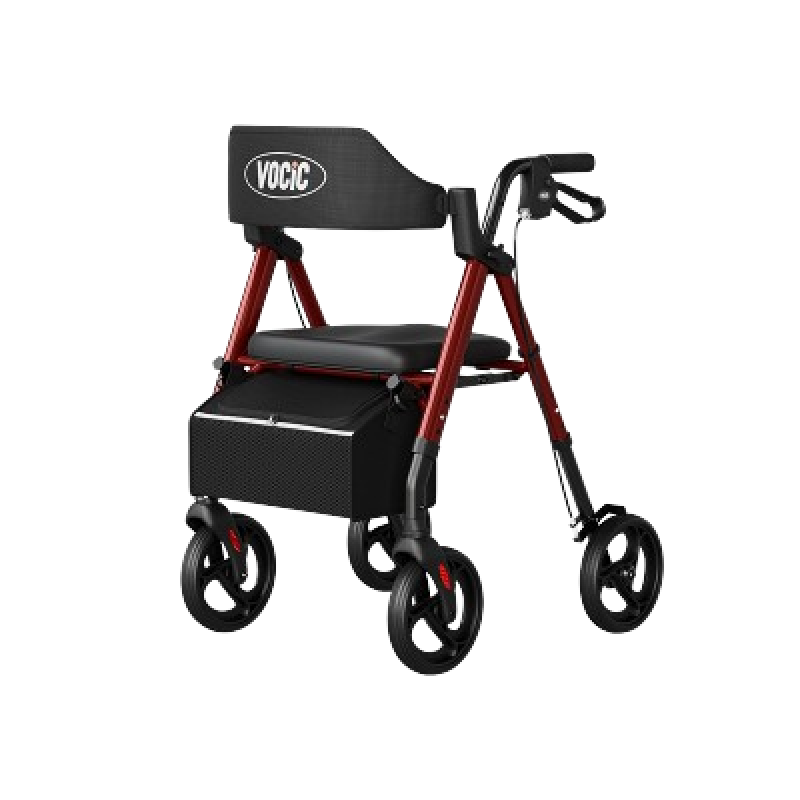
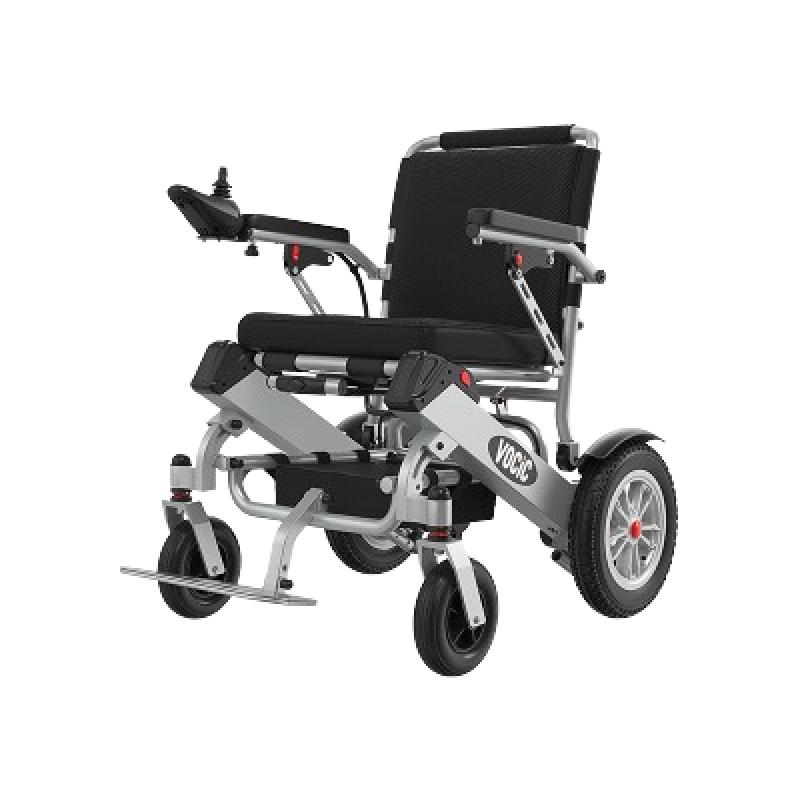


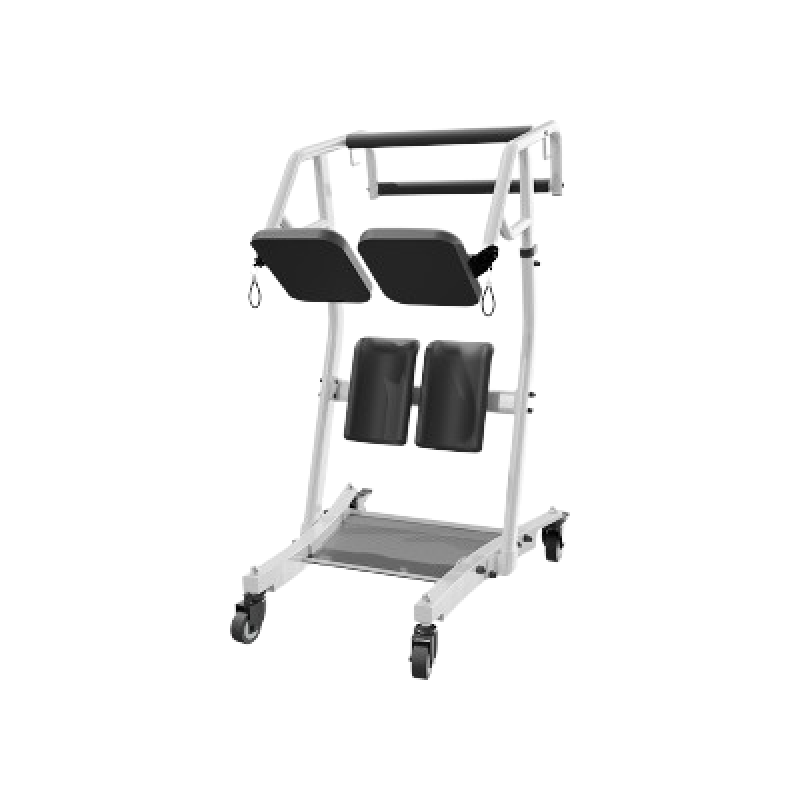
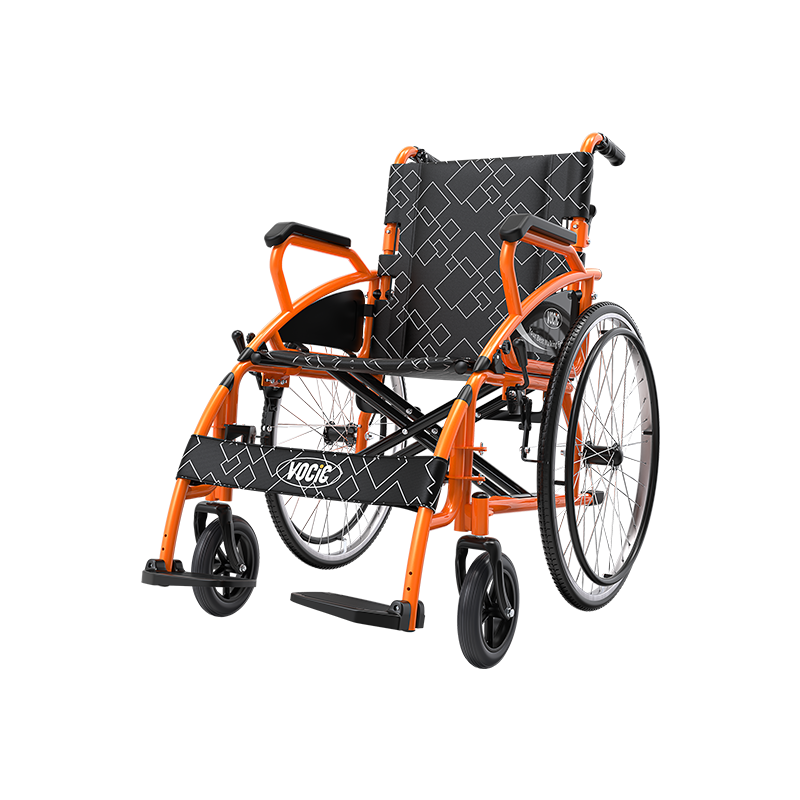

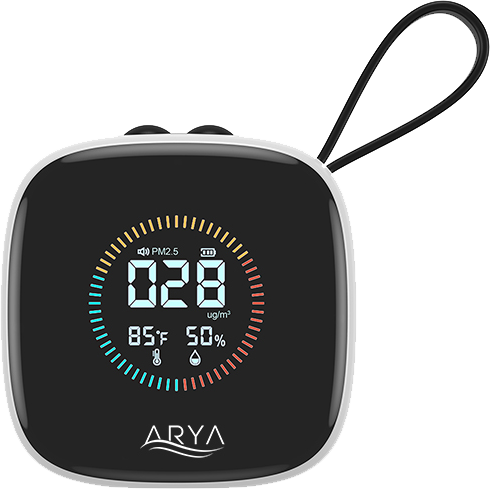
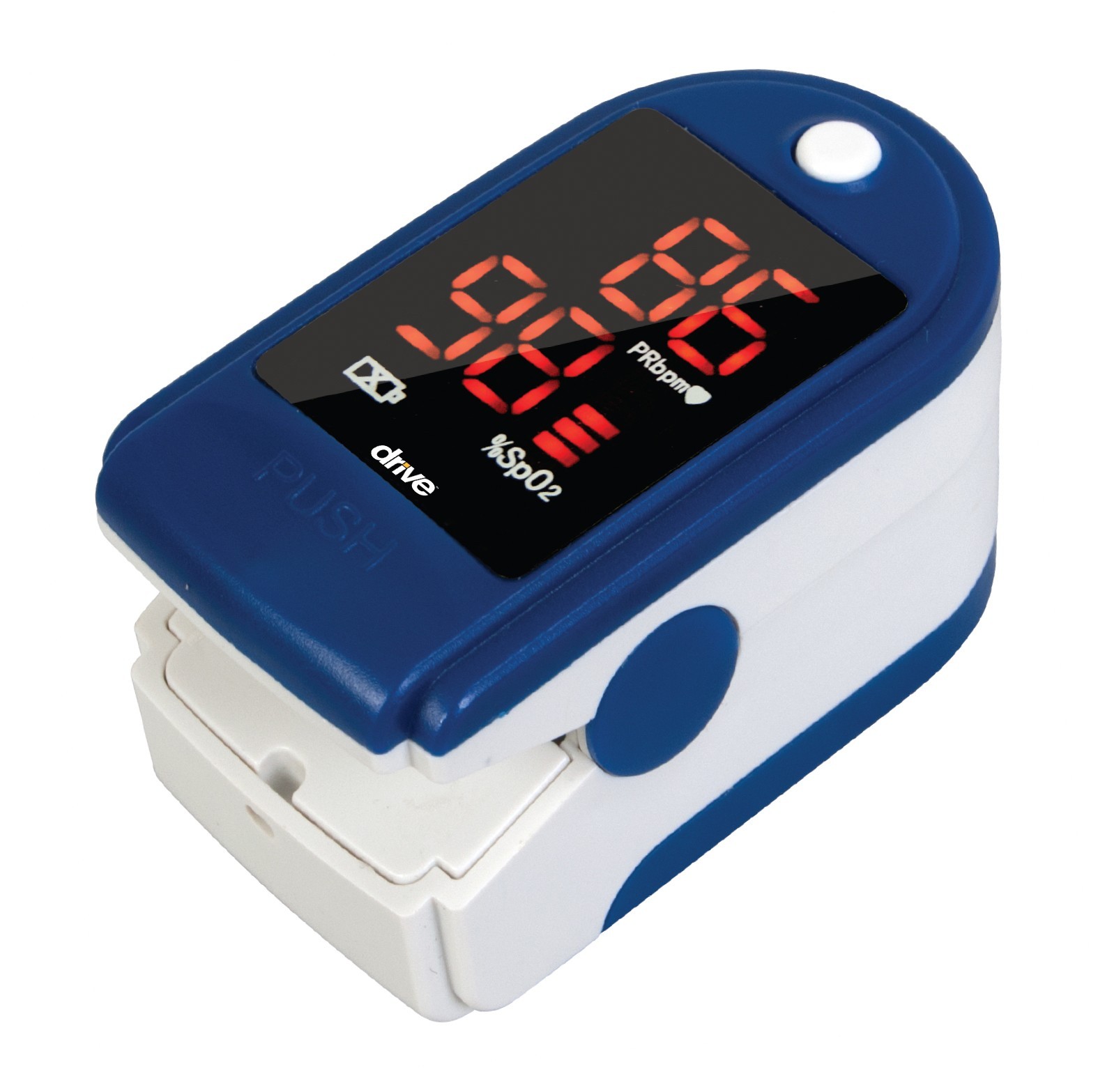

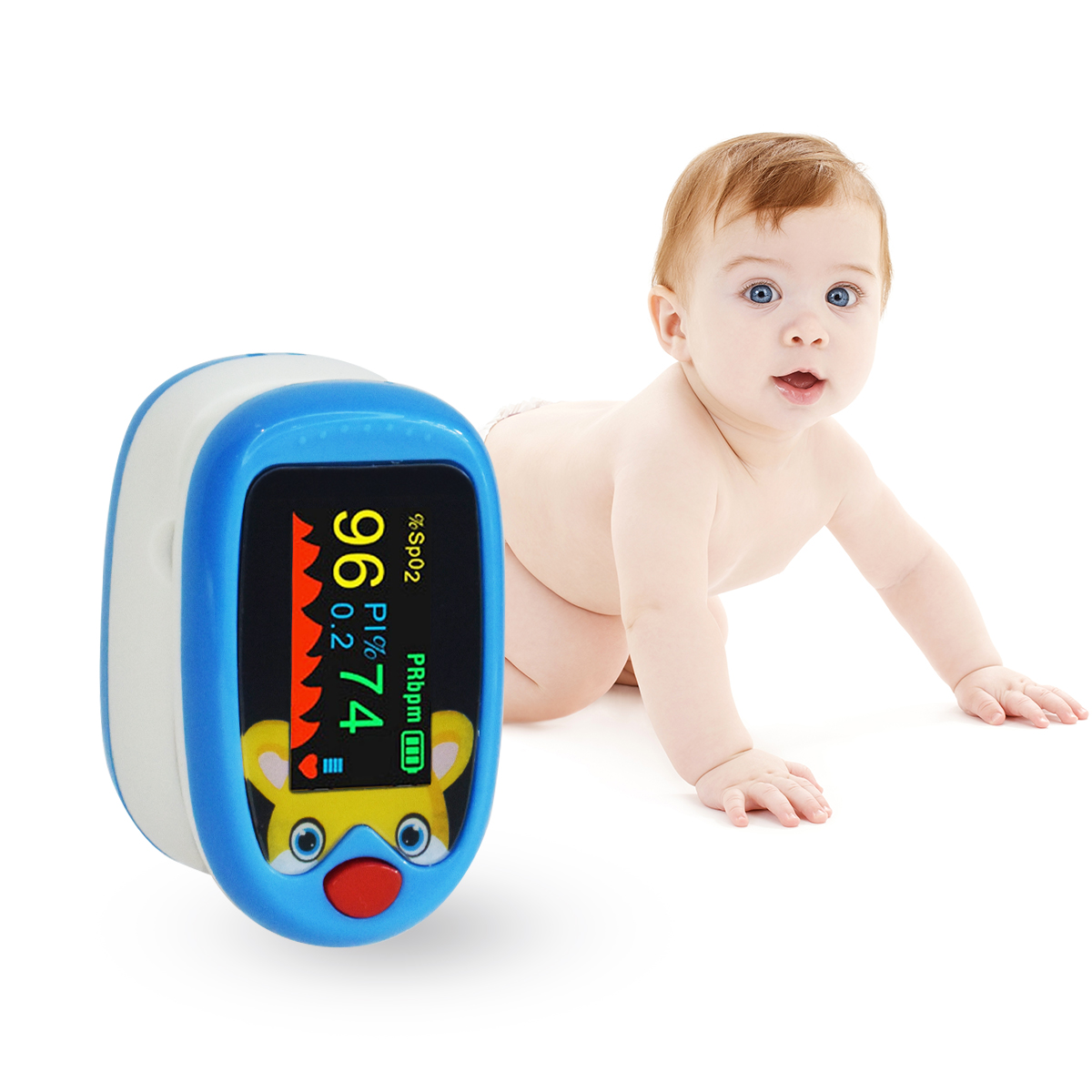

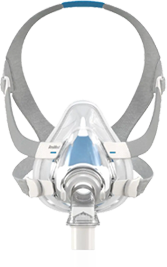
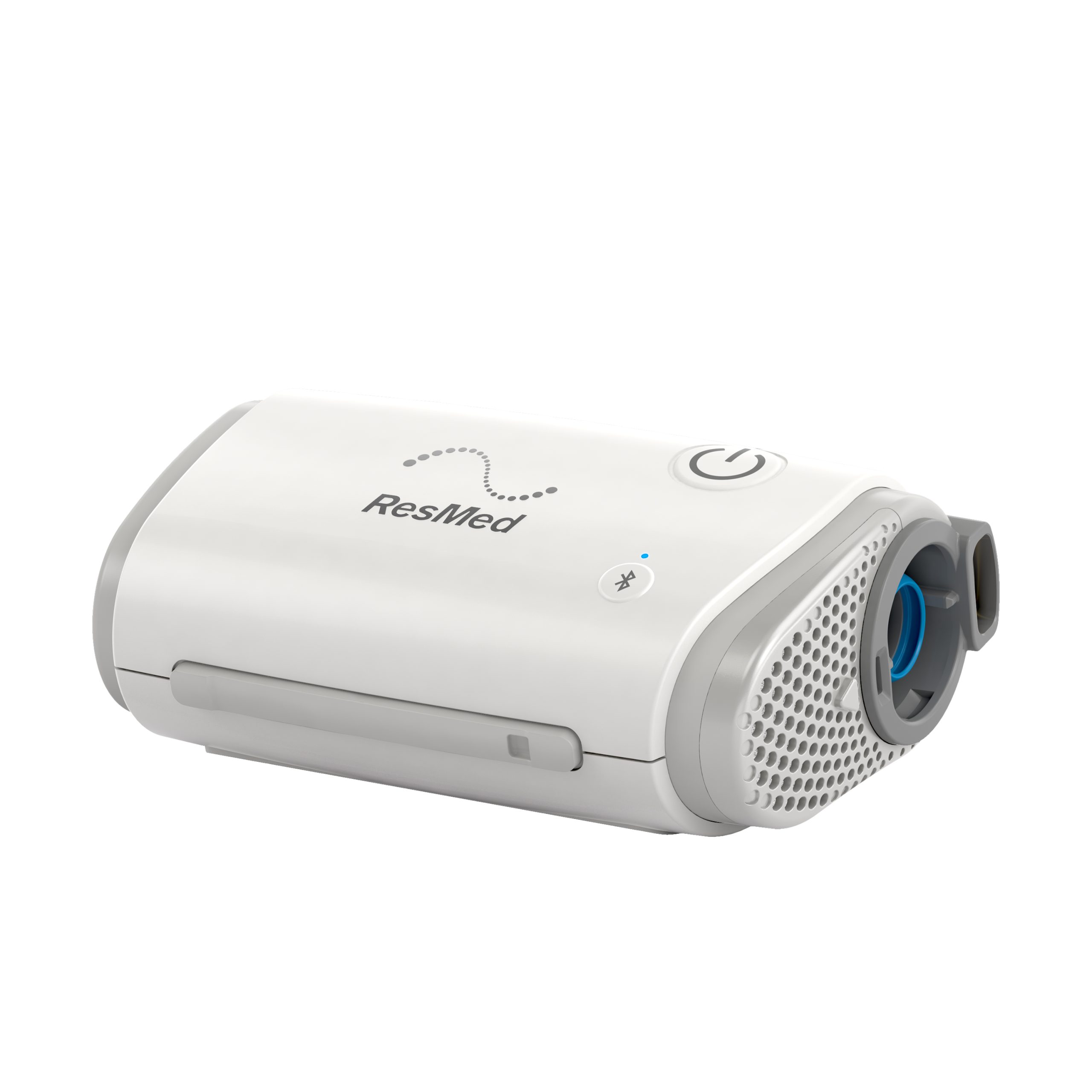
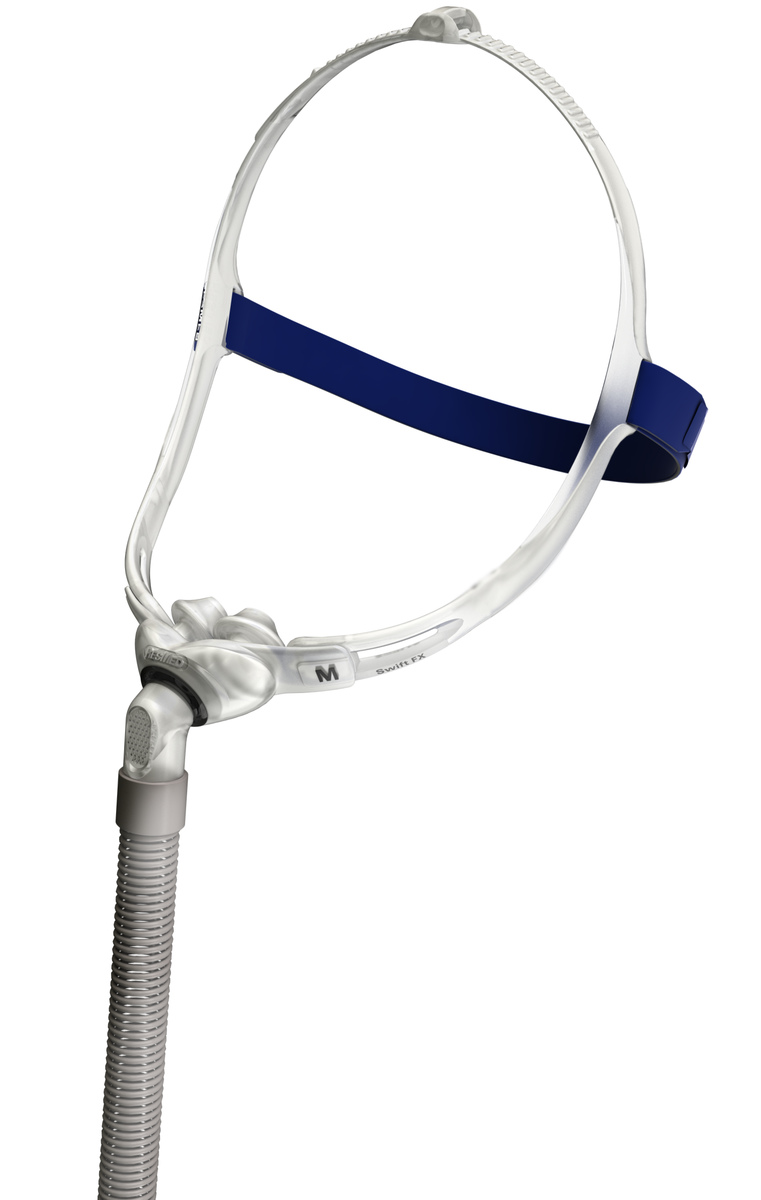
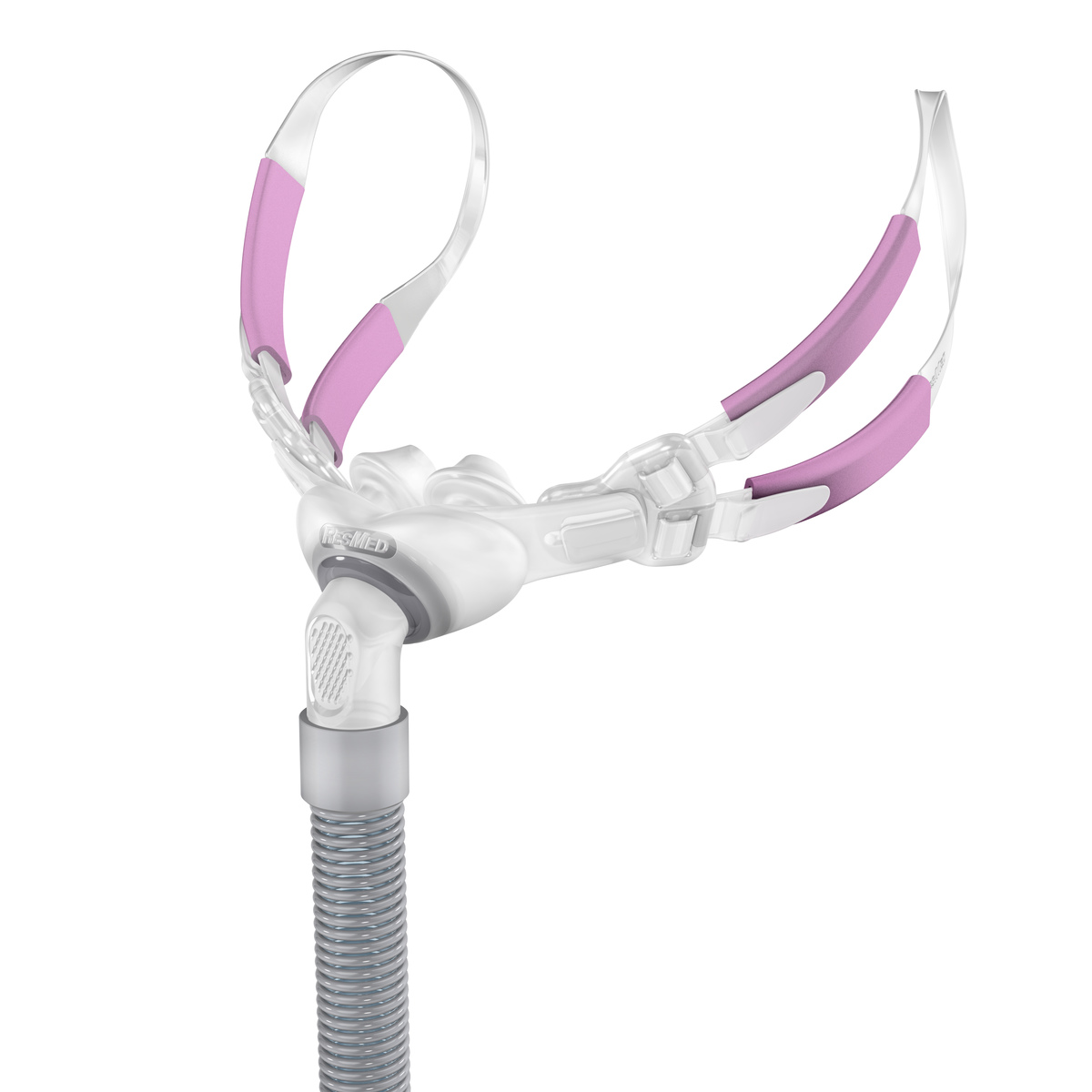
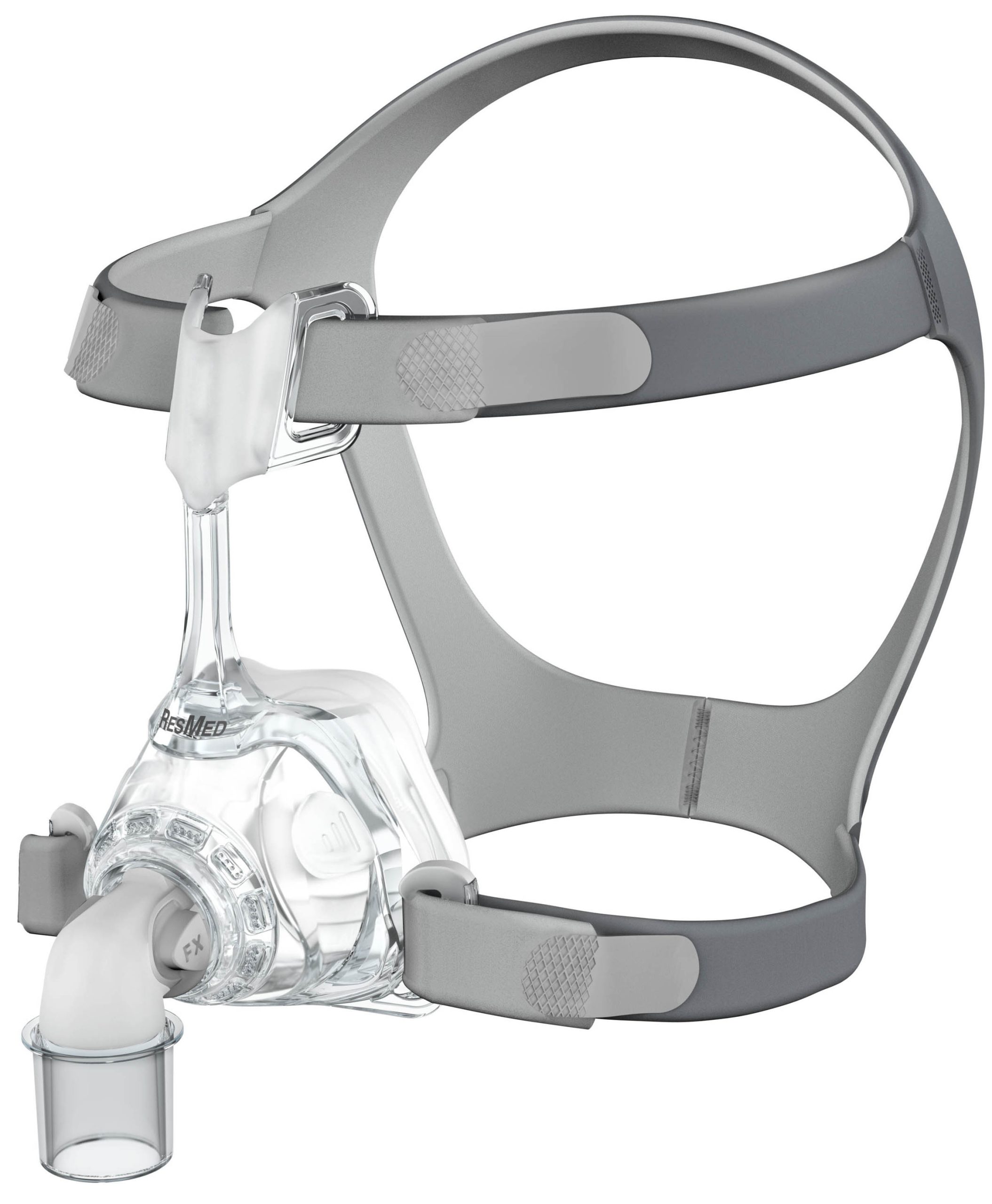
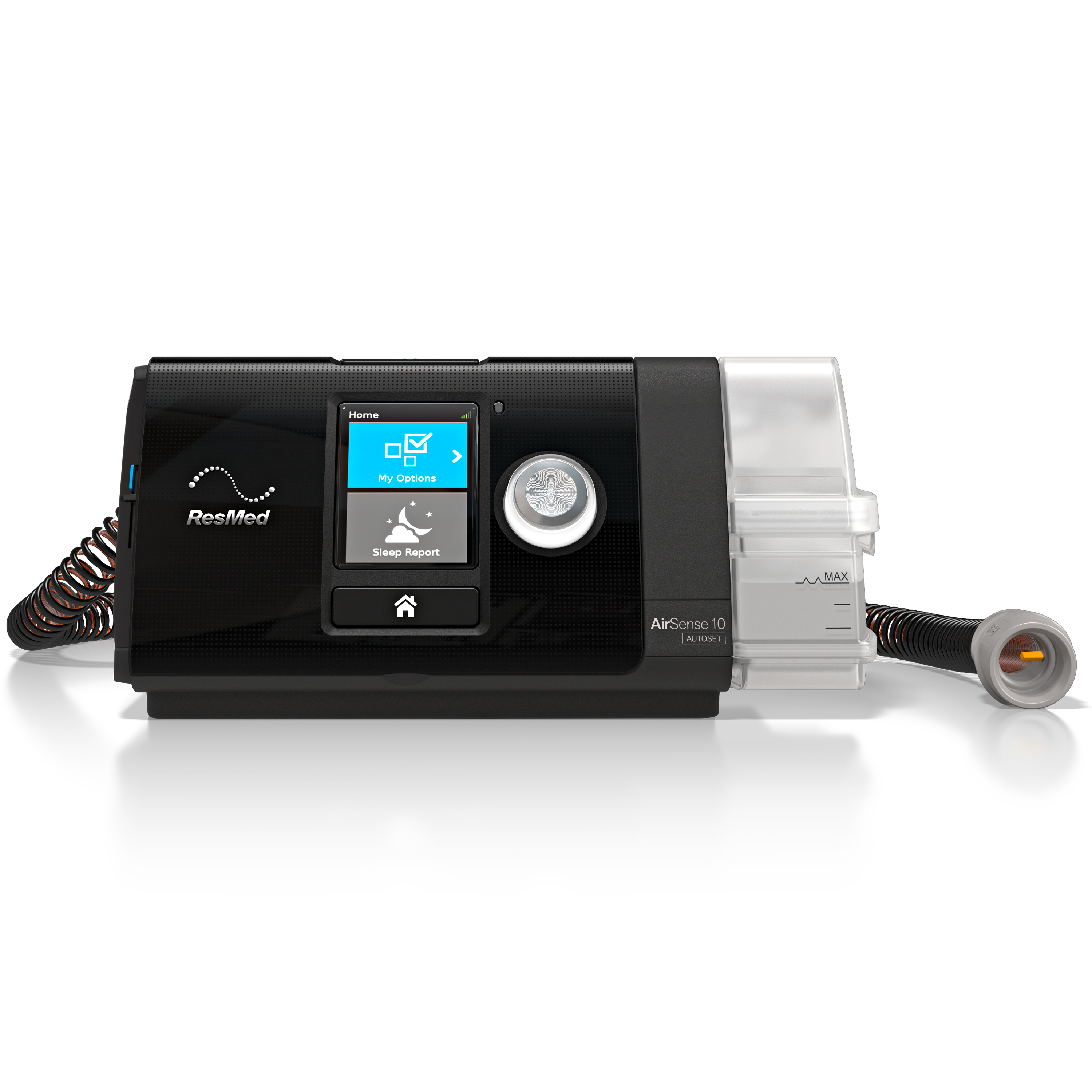
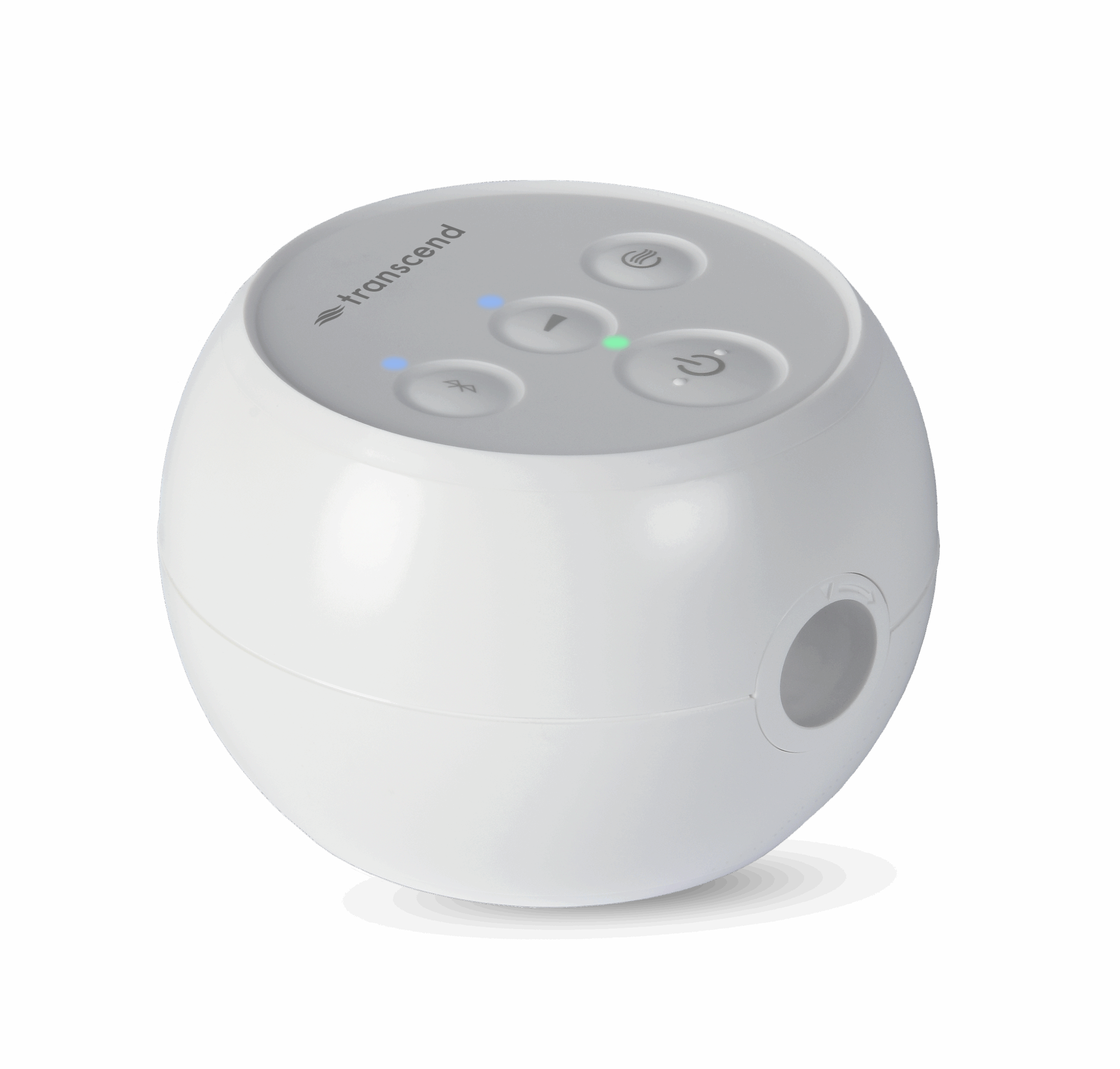
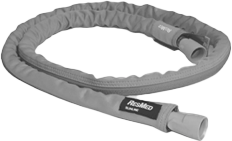
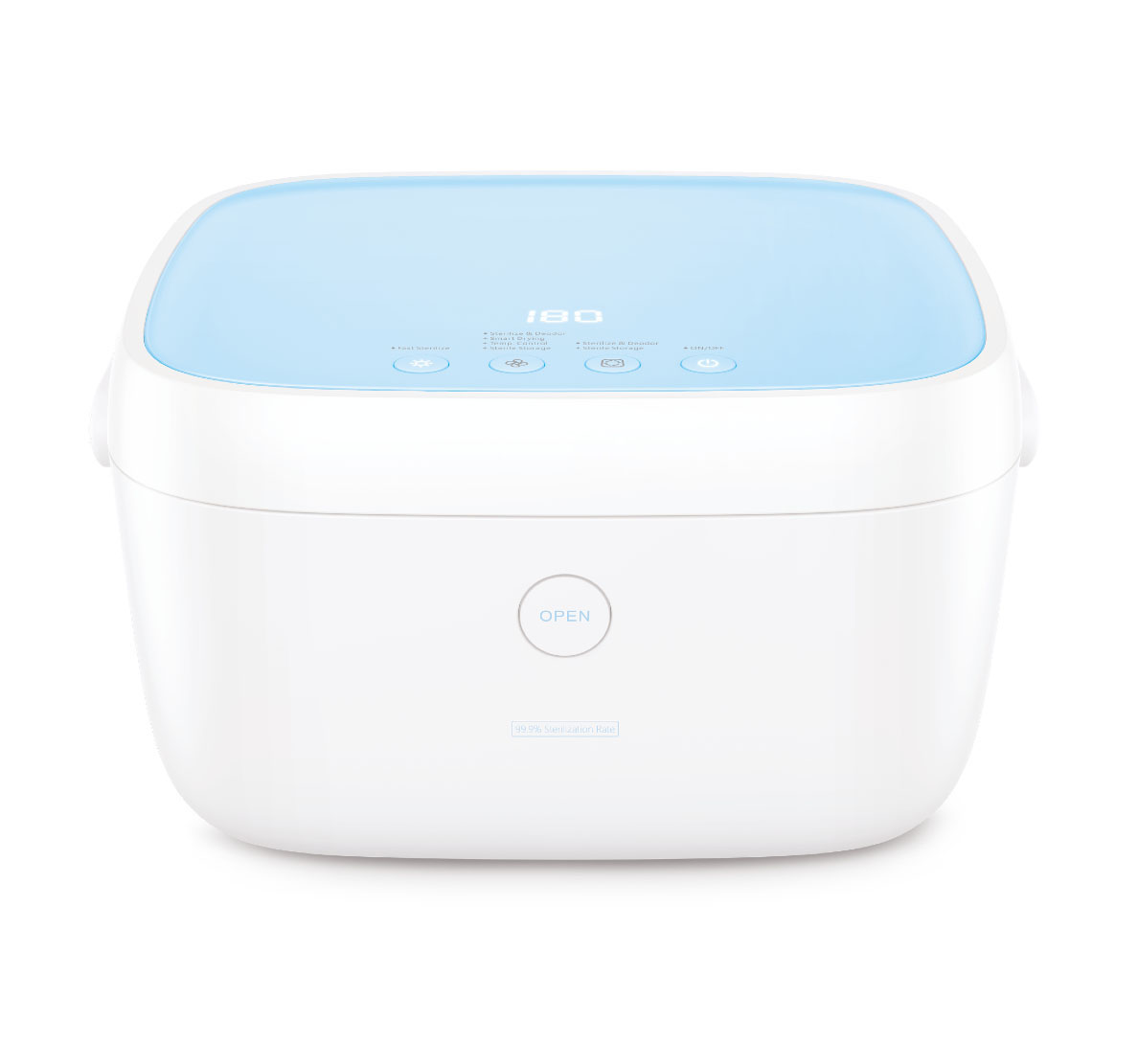
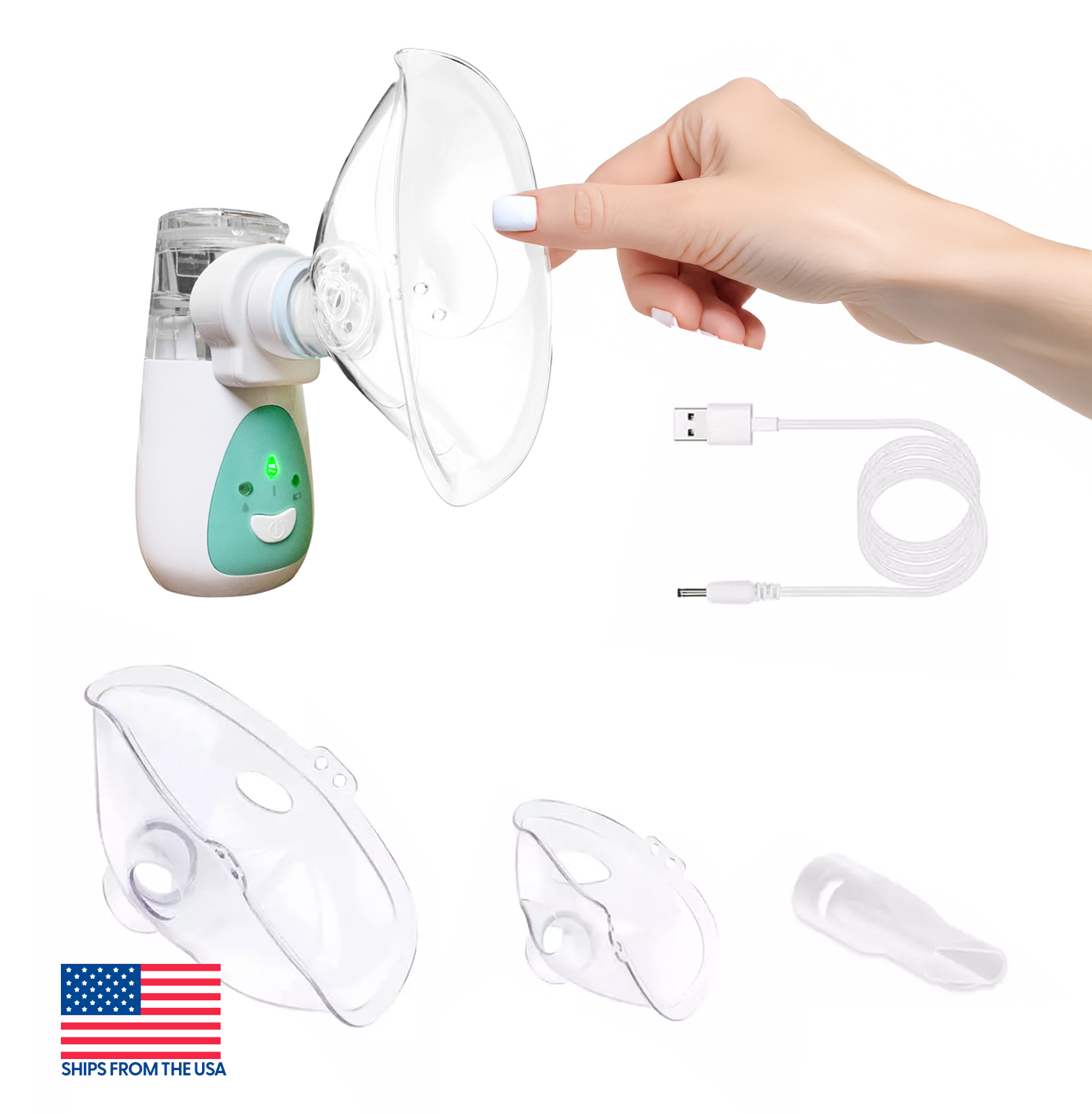
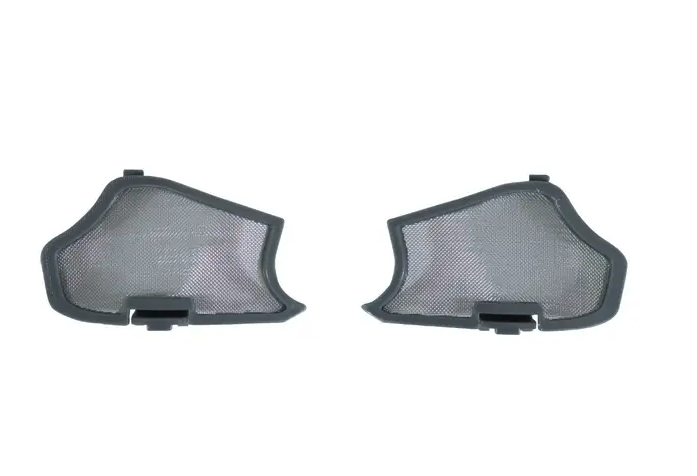

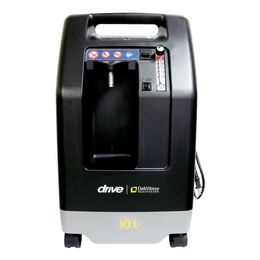
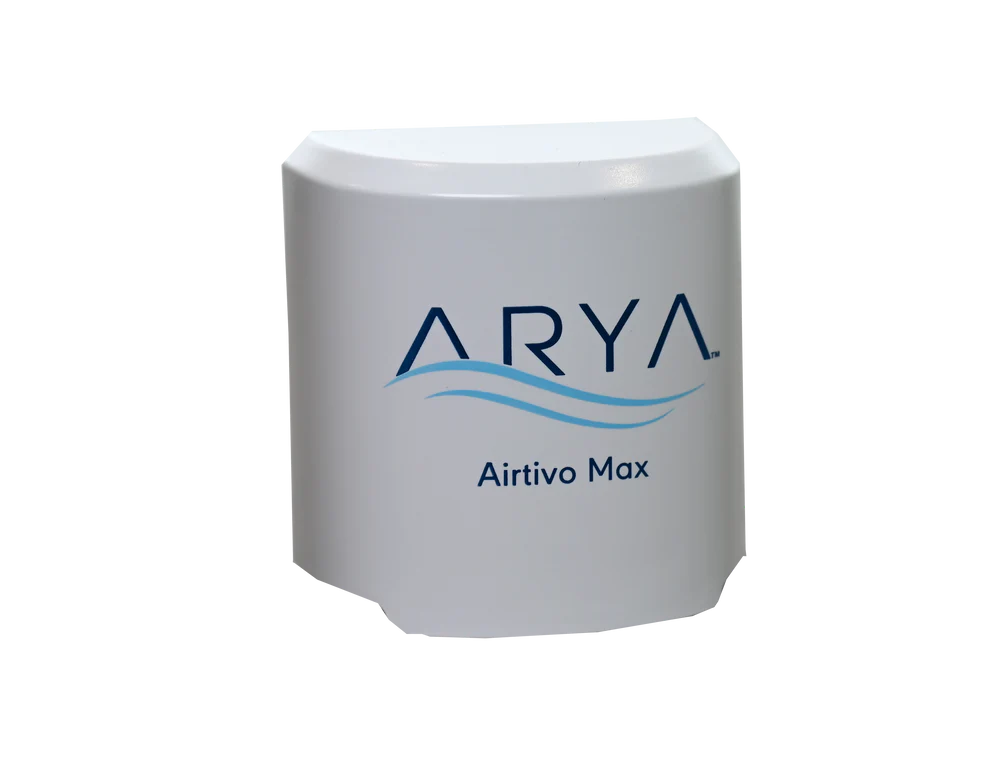
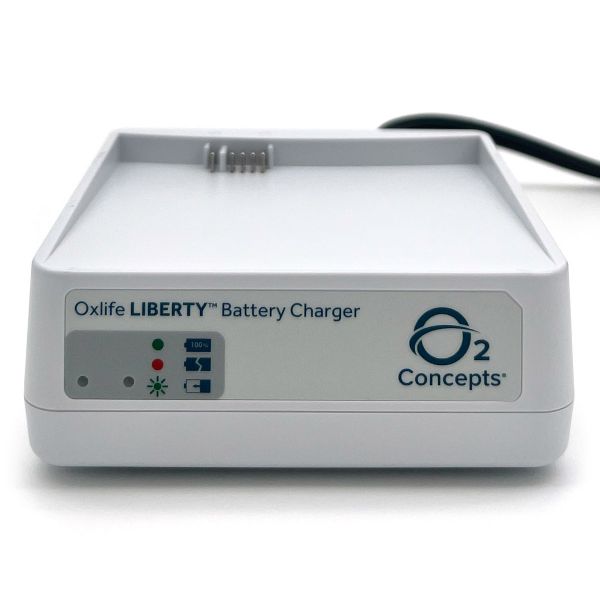
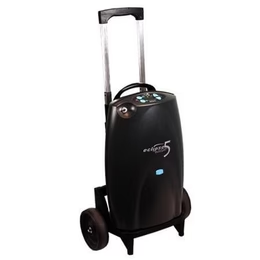
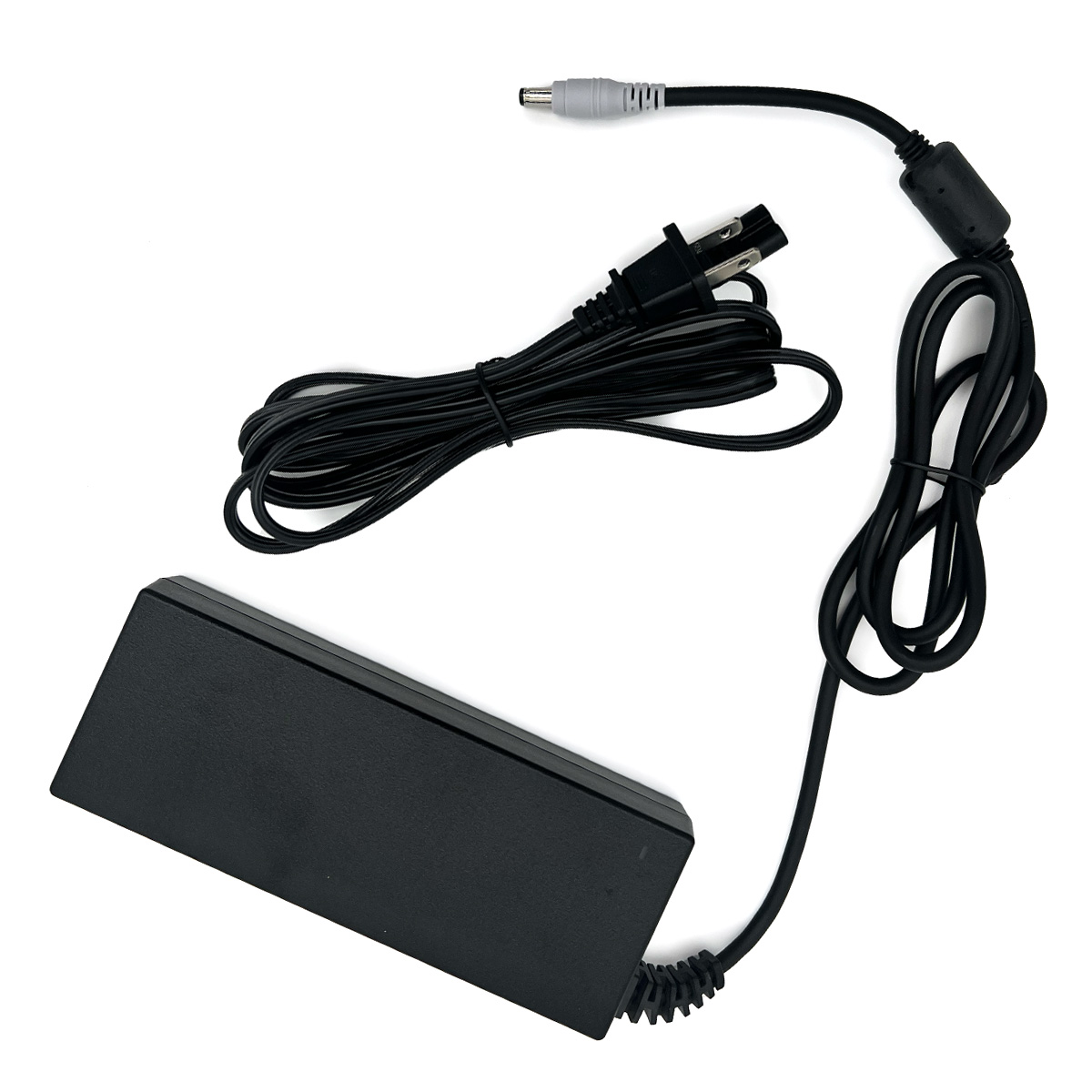
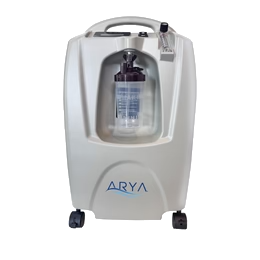

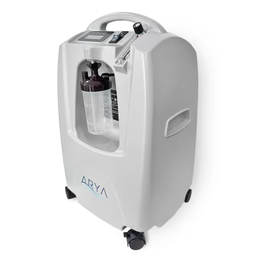
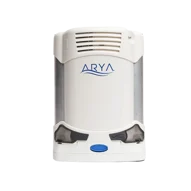
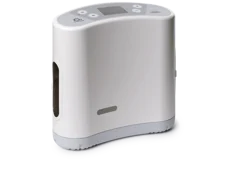
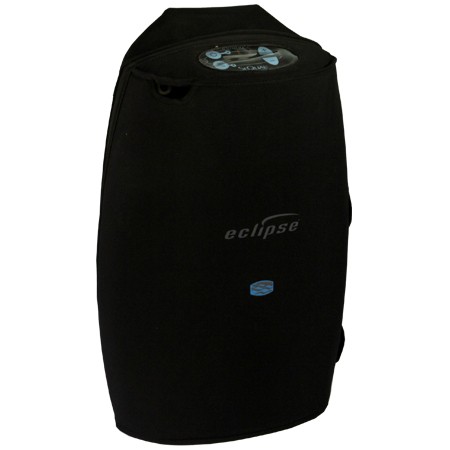
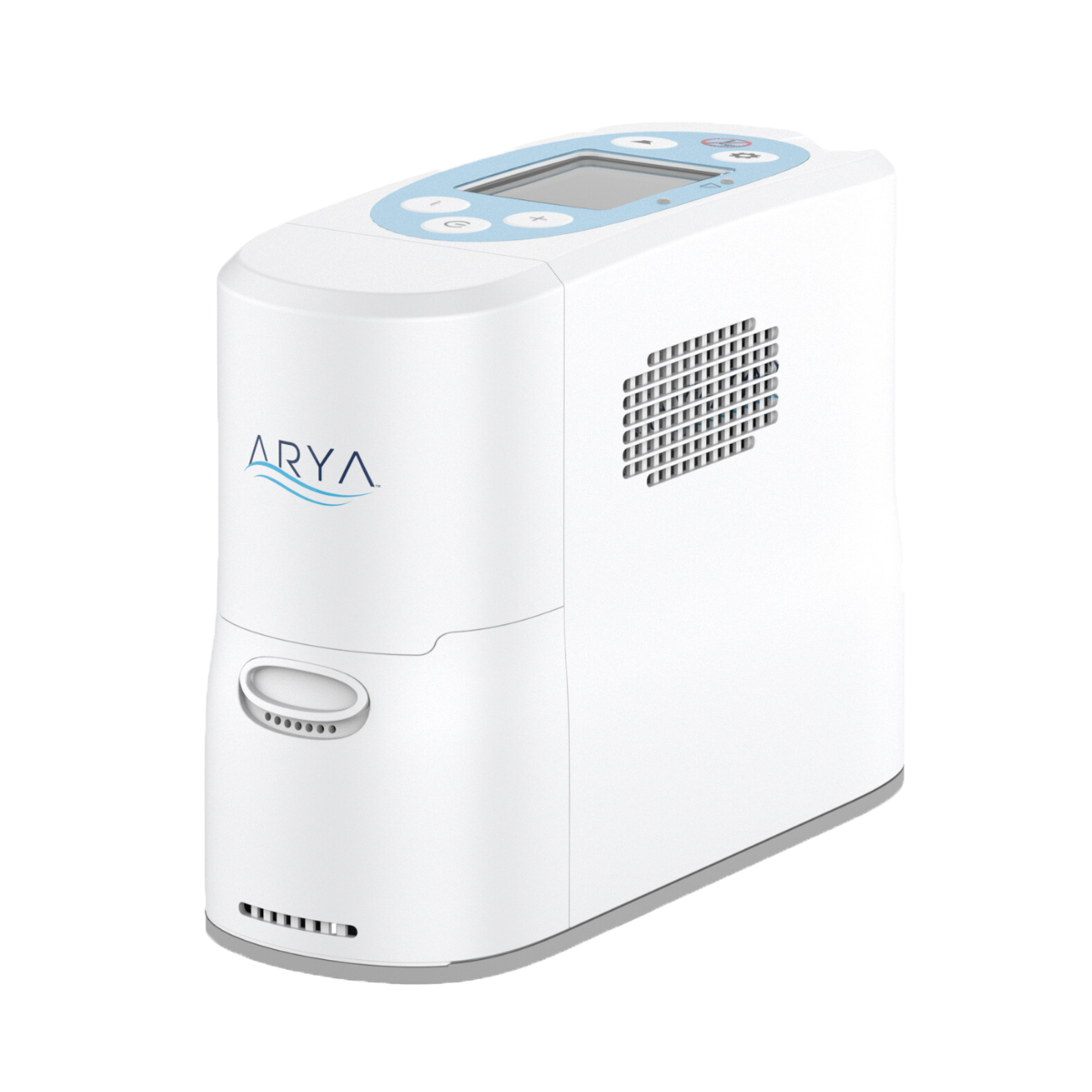
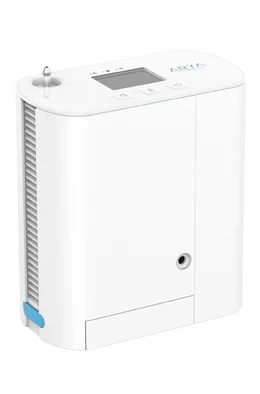
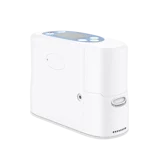
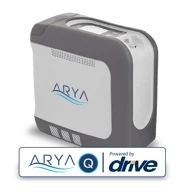
Comments are closed